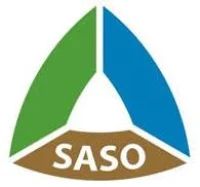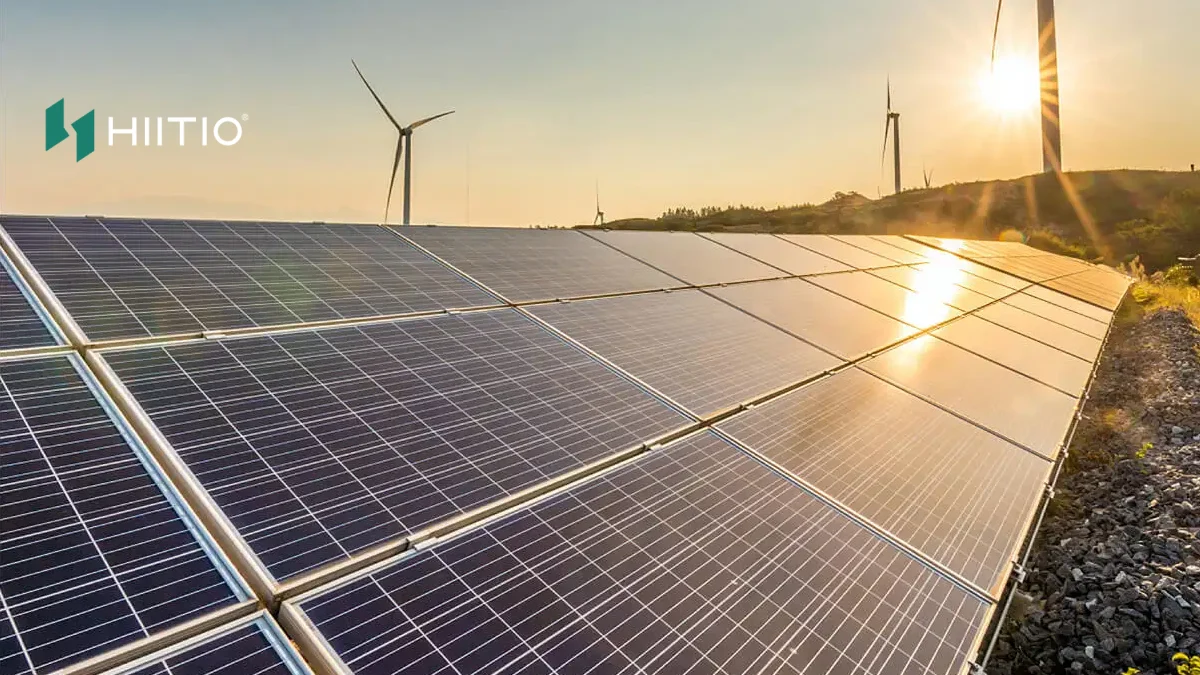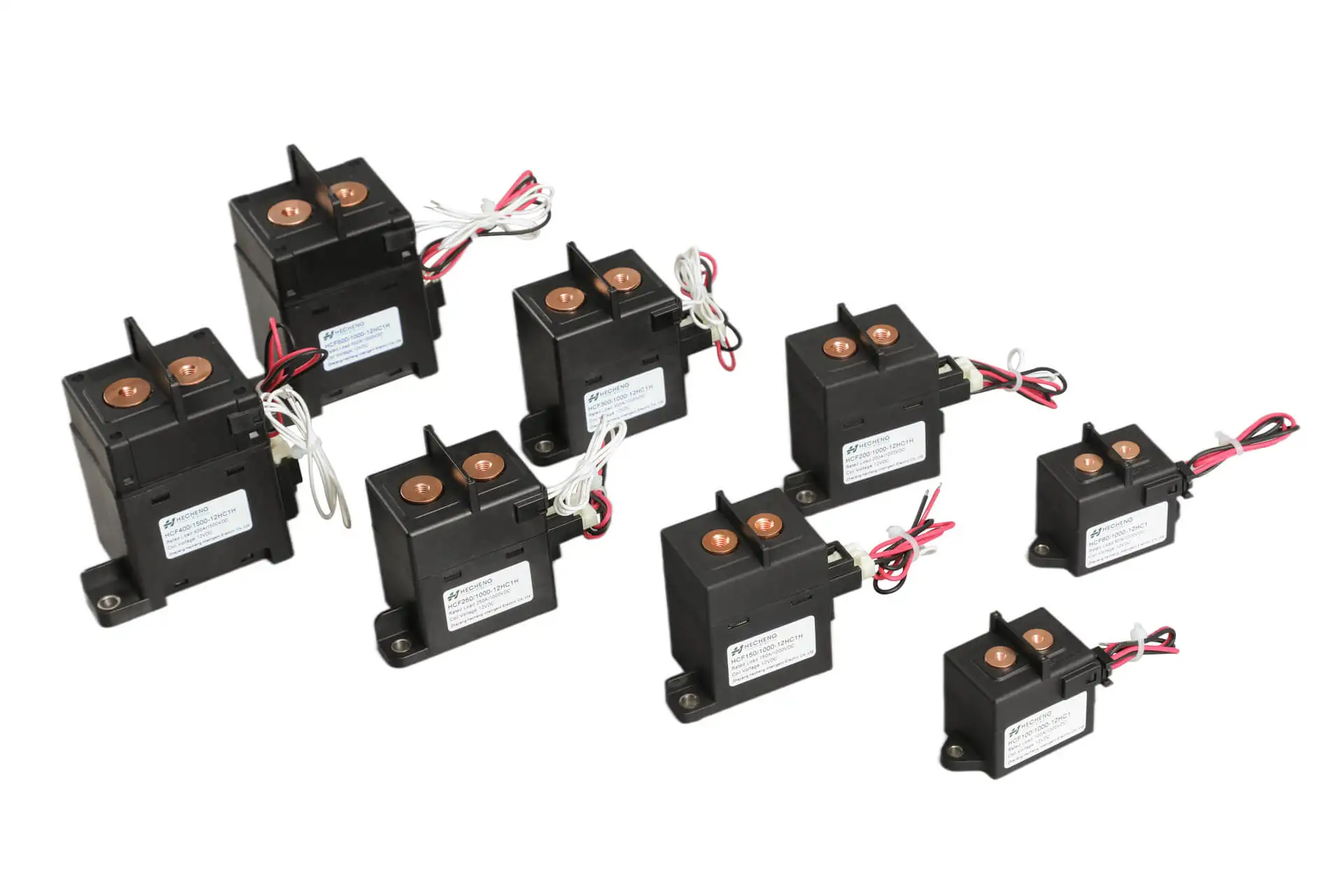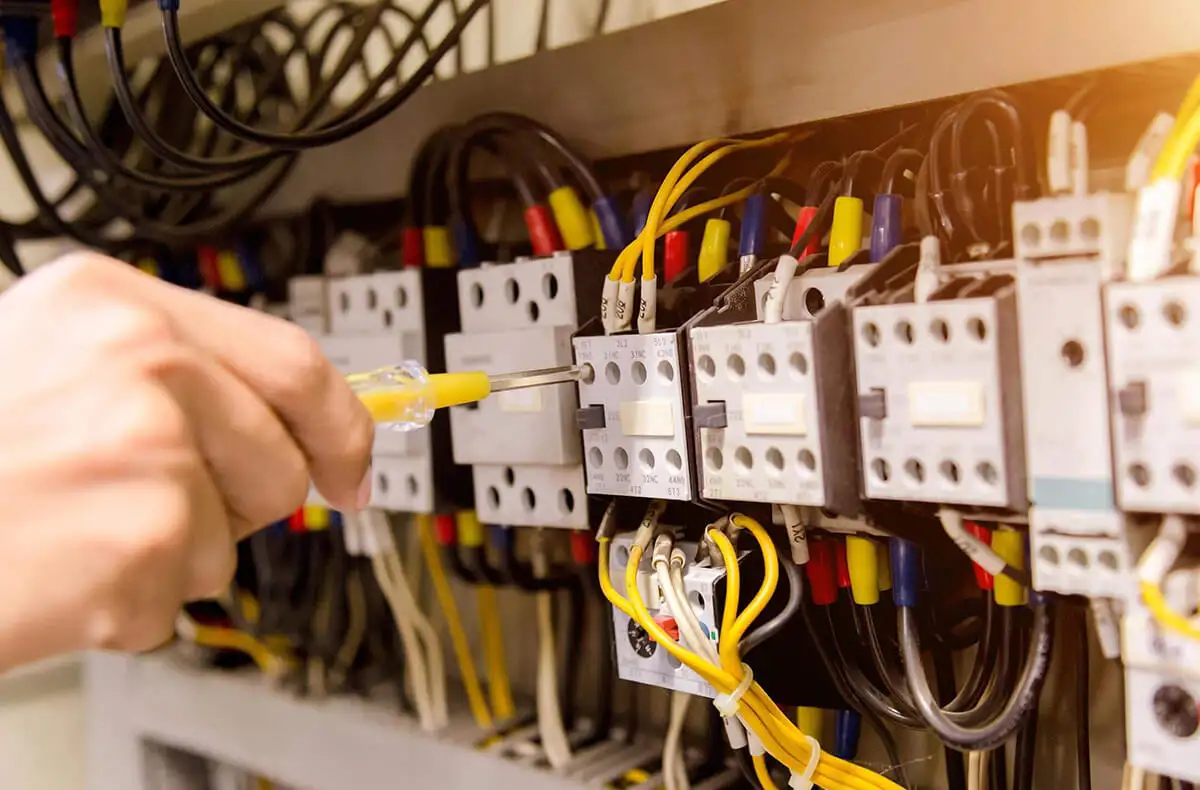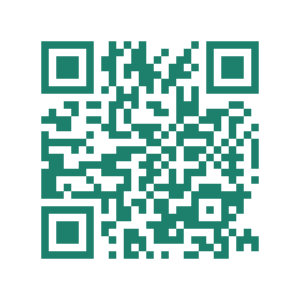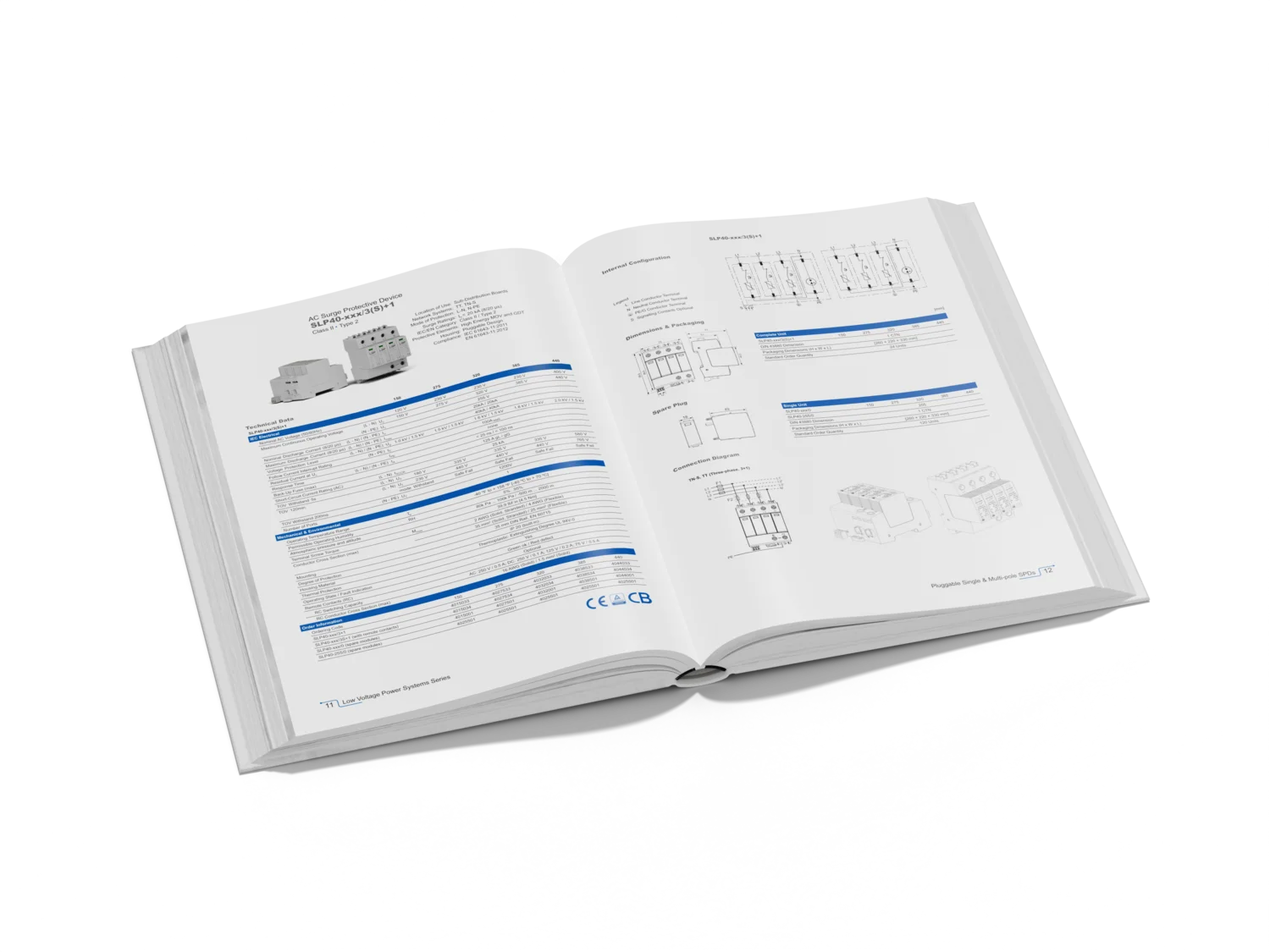We, as users, often judge photovoltaic products by their reviews and certifications. Certification is a certificate from a third-party organization. It proves the performance and safety of the company’s products. To enter the international market, corporate products must have certification. It is now a rule.
Definition
Photovoltaic certification is for photovoltaic modules, systems, and equipment. It ensures they meet safety, efficiency, and environmental standards. These can be international, national, or industry standards. These certifications guarantee access for photovoltaic products. They assure users of their quality and reliability.
Certification can boost a product’s image and a company’s reputation. Buyers often need third-party certification to buy products. It’s also a must for products to enter domestic and international markets. In photovoltaics, certification is key for support and funding. Today, let’s take a look at the main photovoltaic product certifications.

CE certificate
To enter the European Economic Area (EEA) market, you must get CE certification. It shows the product meets the EU’s safety, health, and environmental standards. Photovoltaic-related CE certification focuses on ensuring the safety of electrical equipment.

UKCA certificate
The UKCA (UK Conformity Assessed) mark is a new British product certification. It is for specific products sold in Great Britain after the UK left the EU. It applies to most products that required the CE mark.

MCS certificate
MCS stands for the Microgeneration Certification Scheme. It is the UK microgeneration product certification scheme. MCS-certified products can get subsidies and preferential photovoltaic tax rate from the UK Microgeneration Product Certification Scheme Committee.
Italian fire test:
UNI 9177:2008: This standard classifies combustible products. It uses the test methods in UNI 8457 and UNI 9174. The classes range from 1 to 5, with 1 being the best.
UNI 8457:2010: Combustion reaction caused by a small flame igniting the surface of a material.
UNI 9174:2010: Combustion reaction caused by the thermal radiation of a material.
France Carbon Footprint
In France, projects over 100 kWh need to pass the tender requirements issued by the “French Energy Regulation Commission (CRE)”.
The CRE requires a “simplified carbon assessment” for the environmental impact of making photovoltaic modules. Manufacturers must do this for their modules. The simplified carbon assessment accounts for 20% to 30% of the total project score. Therefore, manufacturers need a low carbon footprint assessment to enter the French market.

Canada and America cTUVus certificate
cTUVus certification is a safety certification issued by certification bodies such as TÜV Rheinland or TÜV SÜD in Germany, indicating that the product meets the safety standards of the United States and Canada. This certification mark means that the product has passed the safety testing for the North American market and can be legally sold in the United States and Canada.

Mexico FIDE certificate
FIDE certification (Fideicomiso para el Ahorro de Energía Eléctrica) is an energy efficiency certification for electrical equipment in Mexico. The Ministry of Energy (SENER) and the CFE jointly manage it. The certification aims to cut electricity use and emissions. It will promote efficiency and sustainable development in Mexico.

Colombia RETIE certificate
RETIE (Reglamento Técnico de Instalaciones Eléctricas) is a mandatory Colombian regulation. It covers electrical equipment and installations. Its goal is to ensure safety and reliability. It aims to reduce electrical accidents and environmental impacts. RETIE certification is a must for electrical products in the Colombian market. It covers many categories, such as household appliances, industrial equipment, and lighting.

Chile SEC certificate
The SEC (Superintendencia de Electricidad y Combustibles) regulates electrical products in Chile. The SEC’s main job is to ensure that electrical products sold in Chile are safe and energy-efficient. PV panels and PV inverters are products regulated by Chilean laws and regulations. Imported products must be authorized by the SEC (mandatory).

Brazil INMETRO certificate
Here handles developing and implementing national certification standards. Here is some key information about Brazil’s INMETRO:
INMETRO’s Responsibilities
Certification Management: INMETRO certifies various products, such as electrical and consumer goods. It ensures that they meet safety and quality standards.
Voluntary Certification: In Brazil, external power adapters need voluntary certification. Manufacturers can apply for S-mark certification if there is market demand. Certified products can improve market acceptance and competitiveness.

Korea KS certificate
Korean Industrial Standards (KS) is a national standardization system in South Korea. It aims to improve product quality, promote economic growth, and protect consumers.This certification is mandatory for photovoltaic products.

Thailand TISI certificate
The Thailand Industrial Standards Institute (TISI) sets and enforces national standards in Thailand. It is part of the Ministry of Industry. For photovoltaic products, this certification is voluntary.
Japan JET certificate
JET certification is for electrical products and solar panels in Japan. The Japan Electrical Safety and Environment Technology Laboratories issues it. It ensures they meet Japanese Industrial Standards (JIS). Need to follow JET’s own retesting guidelines (similar to IEC TS 62915).
Singapore SCDF certificate
In Singapore, the SCDF certifies the fire safety of photovoltaic modules. The Building Fire Prevention Act 2018 requires fire-certified products to meet relevant standards. Mandatory requirements: Fire test (IEC 61730 fire class C).
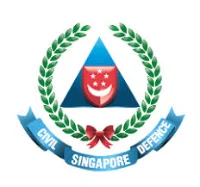
Australia CEC certificate
The Australian Clean Energy Council (CEC) certifies photovoltaic modules. This ensures they meet local safety and performance standards. Crystalline photovoltaic modules must demonstrate compliance with the IEC 61215 and IEC 61730 standards.
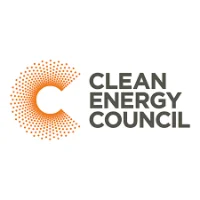
India BIS certificate
India’s BIS certification is a product certification system. The Bureau of Indian Standards regulates it. The goal is to ensure product quality and safety.
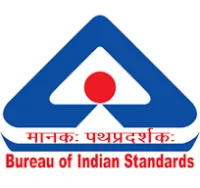
Indonesia SNI certificate
SNI Mark is a mandatory certification for photovoltaic modules to enter the Indonesian market. Indonesia’s SNI certification (Standar Nasional Indonesia) ensures product quality and safety. The Indonesian National Standards Bureau (BSN) manages the national standard certification system.
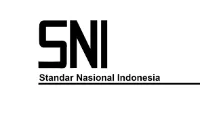
Dubai DEWA certificate
Dubai DEWA certification is for photovoltaic modules and related equipment. The Dubai Electricity and Water Authority issues it. DEWA has set requirements for imported photovoltaic modules and inverters. All approved products must be on the qualified equipment list.
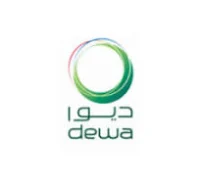
Israel SII certificate
Israel SII certification is a mandatory certification for electronics exported to Israel. It is from the Israel Standards Institute.
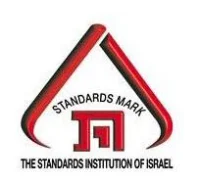
Saudi Arabia SASO certificate
SASO certification (Saudi Arabia Standards Organization) is for imported products. It ensures they meet Saudi Arabia’s safety and quality standards. Products need to obtain SIRC certificate issued by SASO before applying for PC and SC certificates.
